Research impact in Clean Growth
Renewable energy and waste reduction
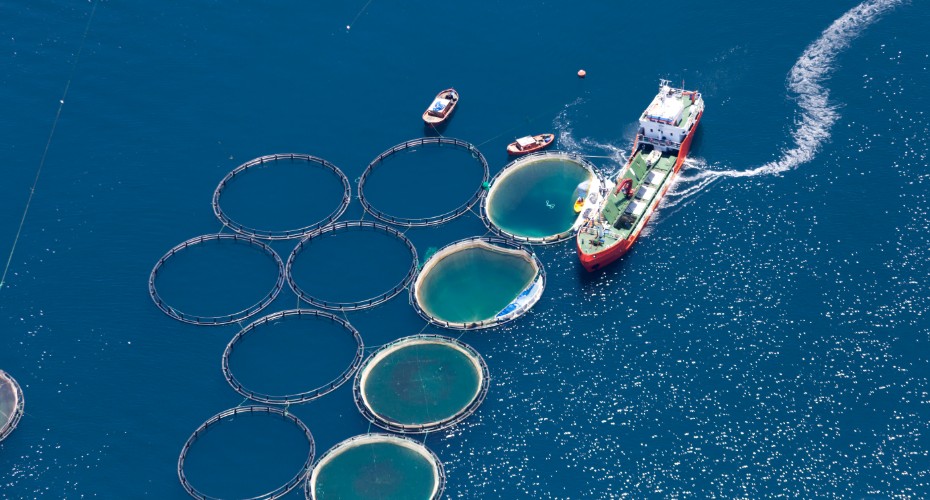
Collaborating with the UK government’s Marine Management Organisation. Researchers are applying macroeconomic modelling analysis to measure the impact offshore wind farms have on marine ecosystem services like fisheries and tourism.
Read more >>
.jpg)
Gemma Delafield, researcher at the University of Exeter Business School and part of the ADVENT project asks if the current UK government Clean Growth strategy acknowledges the wider environmental and social impacts of decarbonisation.
Find out more >>
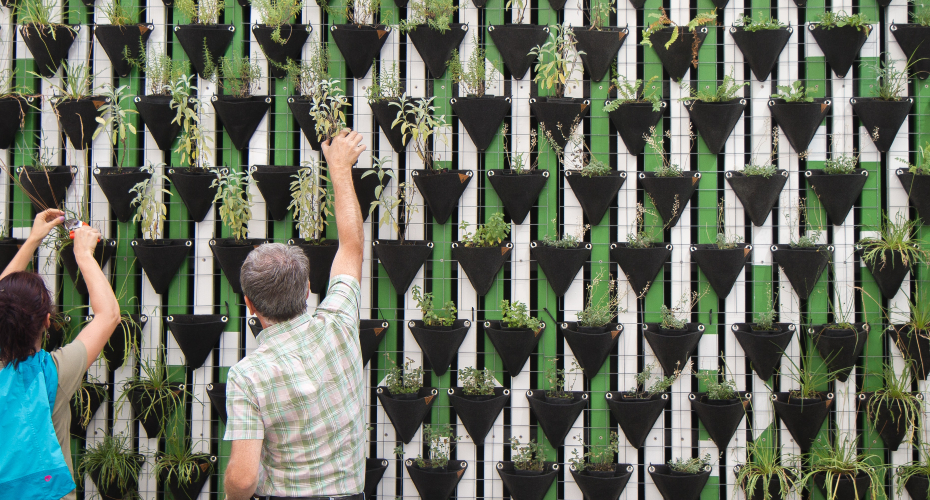
This thought leadership project explores the challenges and opportunities for circular economy innovation in Cornwall and the Southwest, and provides an in-depth insight into circular practices within the region.
A three-year trial project developed in partnership with Centrica, the Cornwall and Isles of Scilly Local Energy Market is developing the first energy marketplace in the UK, enabling participants to flexibly sell energy from their own energy generation or consumption to the local network.
Find out more >>
Granite from Cornwall will be examined by scientists from the Camborne School of Mines as part of a £1.8 million project in order to help the country increase its use of geothermal energy.
Read more >>

Dr Hasan Baig and his team have created an innovative glass block designed to collect solar energy and convert into electricity, which can be incorporated into the fabric of buildings.
Read more >>
.jpg)
Experts from
ExeterEnergy's Energy Policy Group research group reveal women in energy research are under-represented. However the study also recommends how funders and universities can ensure female talent and expertise is mobilised in transforming our energy systems.
Read more >>
Dr Adolfo De Sanctis’ research into charge funnelling can boost the efficiency of solar cells by 21 per cent to 65 per cent paving the way for the whole world to be powered by solar energy.
Advanced engineering and re-manufacturing

Ze-Power harvests energy from vibration caused by passing trains on the tracks to monitor and detect track damage in real time, reducing delays and maintenance work.
Read more >>

Digital Twinning is a topic of concern for many companies right now, researchers at the University are working with Airbus, Rolls-Royce, Babcock, AECOM, Bosch and Leonardo to explore industry challenges in industrial digitalisation.
Read more >>

A new greener, stronger and more durable concrete that is made using the wonder-material Graphene could revolutionise the construction industry.
Read more >>
Professor Chris Smith has worked with defence automotive specialist Supacat on a Knowledge Transfer Partnership to develop advanced simulation tools, autonomous systems and AI enabled systems for the next generation of defence vehicles.
Read more >>
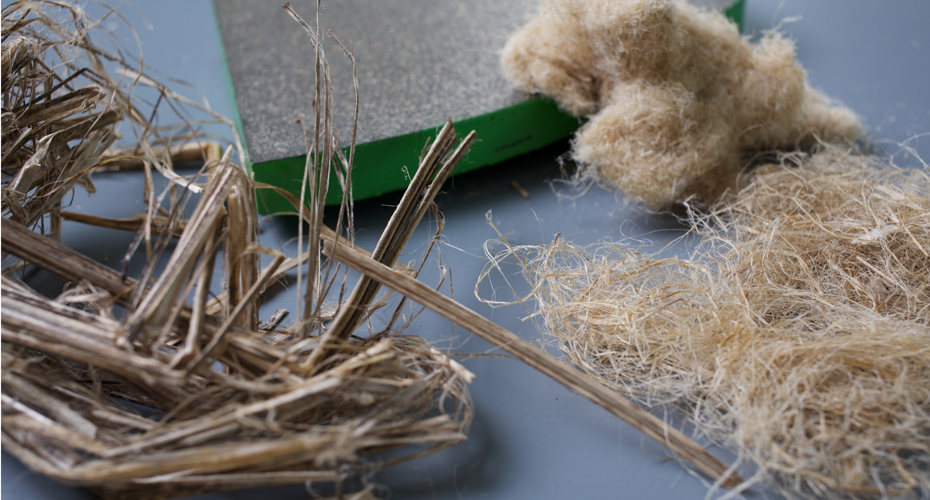
Exeter Advanced Technologies (X-AT) is collaborating with automotive industry partners Toyota, Ford and JCB to develop light-weight braking systems made for hybrid electric cars while also developing closed-loop recyclable vehicle structures.
Read more >>
Using high performance computers and specialist modelling software, Engineering staff at the University of Exeter have drastically reduced the number of test cycles, material waste, total cost and development time for Centek to launch new products.
Read more >>
Food, agriculture and construction

The BEE-SEWARD project led by Professor Juliet Osborne aims to understand the decline of key pollinators, while predicting their distribution and survival in agricultural landscapes.
Read more >>
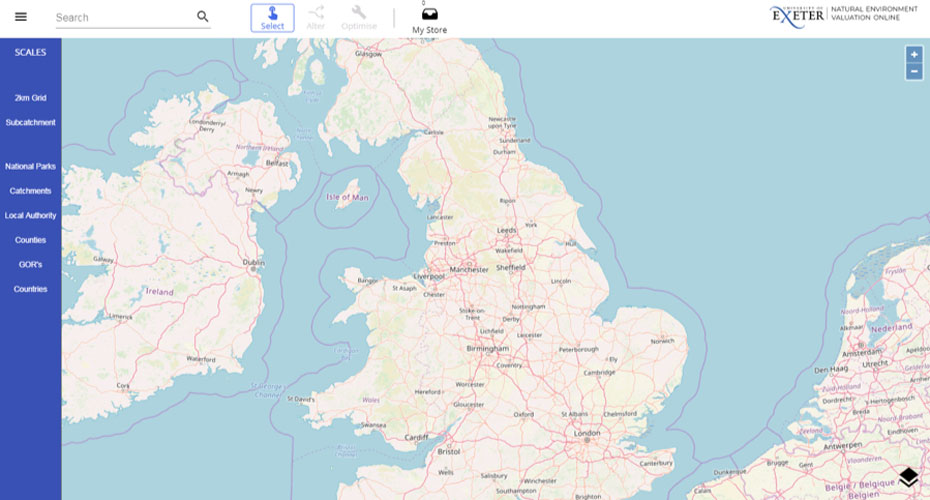
Dr Amy Binner, together with a team of experts and researchers from the University of Exeter Land, Environment, Economics and Policy Institute, have worked with DEFRA to produce an easy to use online system for supporting and improving decisions regarding the use of, and investments, in the natural environment.
Read more >>
Funded by Innovate UK and BBSRC, offshore renewable energy specialists from the University of Exeter are working with the National Lobster Hatchery in Padstow, Cornwall. This collaborative project is establishing the world’s first pilot-scale on-growing site for clawed Lobsters using a low carbon sea based container culture approach, which requires no feed input.
Find out more >>
Circular economics and regional growth

The University of Exeter’s Environment and Sustainability Institute (ESI) worked with estate management enterprise St Aubyn Estates, who manage 5,000 acres of Cornish land to develop clearly defined corporate social responsibility (CSR) and sustainability policies.
Read more >>
Every year UK surfers replace their wetsuits resulting in three hundred and eighty tonnes of non-biodegradable chemical-based waste. To address this problem surf manufacturer Finisterre approached University of Exeter researchers for an alternative solution.
Read more >>
The University of Exeter Business School led project is examining the challenges SME food and beverage manufacturers face in supply chain, IT, renewable energy and sustainable packaging, with the aim to deliver innovative solutions that contribute to a circular economy.
Find out more >>
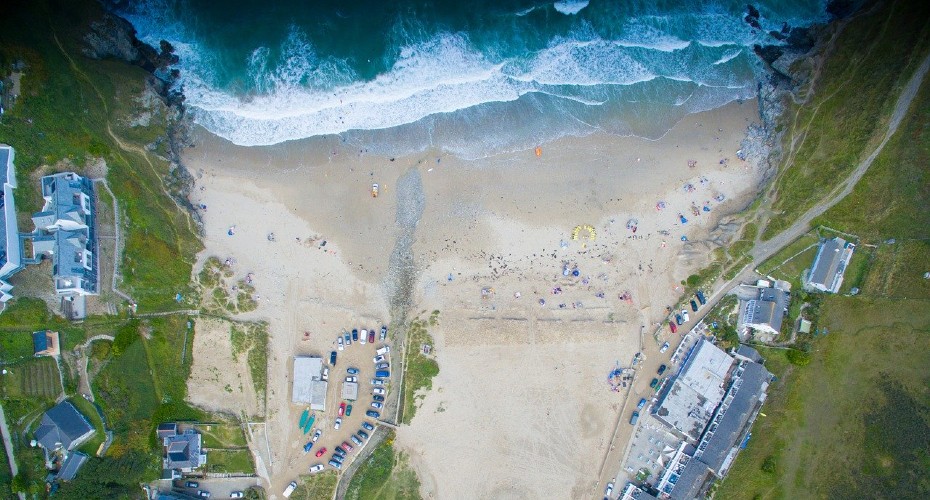
Led by the University of Exeter under the Tevi Programme, the Lagas online natural capital hub has a network of SME-hosted sensors and cameras showcasing Cornish landscapes, designed to effect clean growth by making the business case for sustainability.
Read more >>

The Tevi Challenge Networks are designed to foster SME-led solutions to some of Cornwall's most pressing environmental challenges such as pollinators, georesources, electric vehicle charging infrastructure and food waste.
Read more >>
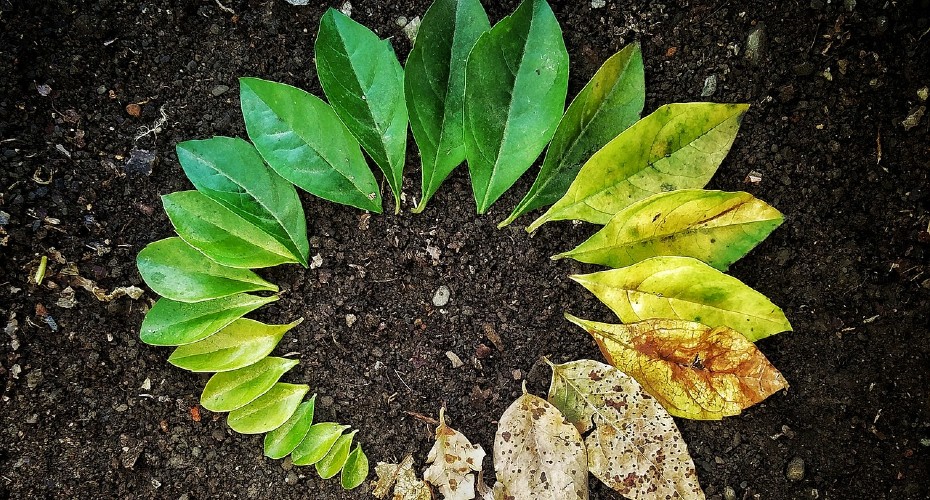
In partnership with Circle Economy based in the Netherlands, Tevi has produced a Circular Jobs Monitor report, a circular self-assessment and a series of workshops aimed at helping enterprises in Cornwall and the Isles of Scilly to better understand their growth potential.
Read more >>




